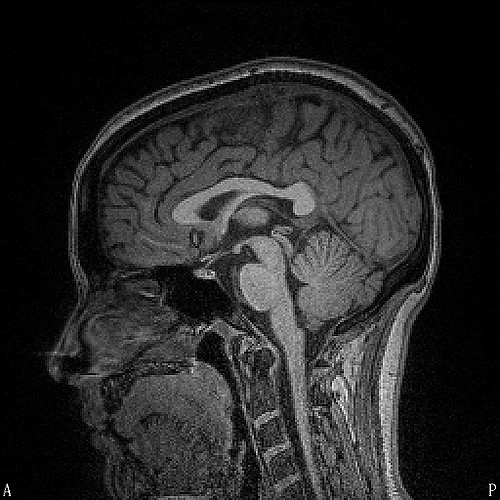EVAWI just put out a bulletin on the neurobiology of trauma (PDF) that, while geared toward investigators, can serve as a good primer on the issue for clinicians, as well. From the email announcement:
…[T]his 38-page document provides basic information about the brain and explores the impact of trauma on behavior and memory. It then highlights the implications for law enforcement interviews conducted with victims of sexual assault and other traumatic crimes.
The training bulletin was written by Dr. Chris Wilson, Dr. Kim Lonsway, and Sgt. Joanne Archambault (Ret.), with contributions by Dr. Jim Hopper. It was reviewed by experts from a variety of professional disciplines, including psychology, law enforcement, and prosecution. We hope you find it to be a useful resource, to enhance your understanding of these critical issues.
With an understanding of how the brain responds to trauma, and an appreciation for how trauma affects memory encoding, storage and recall, we now have the potential to become truly “trauma informed” in our interviewing practices.
I think the reference section is particularly useful for clinicians, especially those testifying as an expert on this issue. However, to be clear, I am very skeptical of most forensic nurses testifying as experts on this topic unless they know the science backward and forward–that means being able to speak to the literature that challenges some of these ideas, as well as the literature that supports it. (I feel like I’m pretty well-versed in this issue; I do not provide expert testimony on it.) Reading a monograph like this, or attending a training, does not make one an expert. It’s useful information to help understand patient behavior and the workings of the brain in the face of trauma, but proceed cautiously with how you use it in court.


2 replies on “Understanding the Neurobiology of Trauma”
Jen,
Thank you for always reminding clinicians to consider their knowledge and scope before providing expert witness testimony. I feel that it is helpful for experts in the field to be able to acknowledge that we are not experts at everything and should only testify to what we are experts on.
Agreed–there’s a difference between knowing how to apply something to patient care and being able to testify as an expert on the science. Always a good idea to do that self-assessment when asked to testify on a subject.